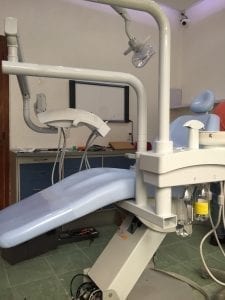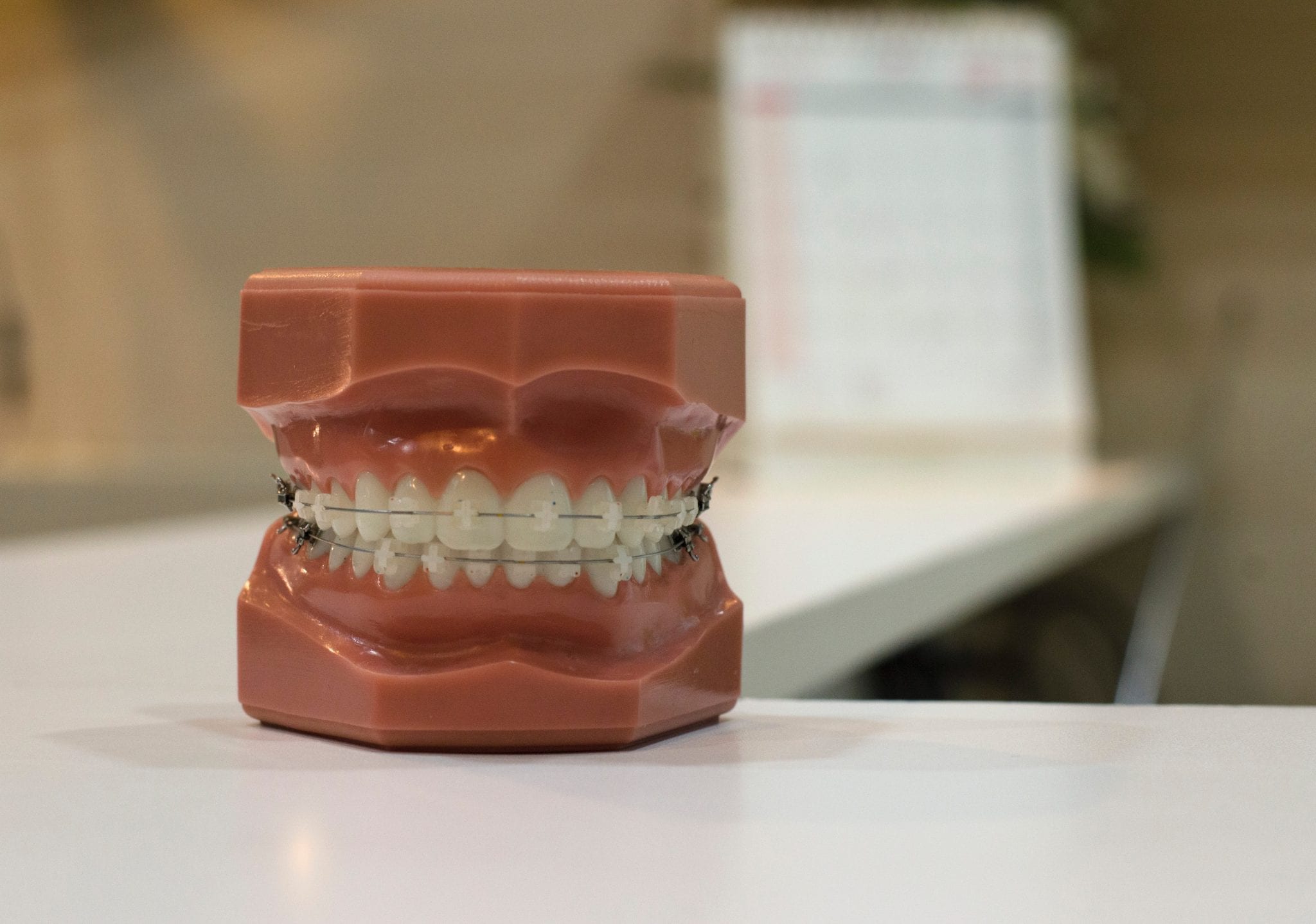Bleeding gums are the most common and noticeable symptom of gum disease. That’s why it is worth making an appointment with a dentist if your gums are bleeding during tooth brushing or flossing.
Gum disease is an inflammation that can affect gums and cause a lot of unpleasant symptoms. Even though advanced gum disease (periodontitis) can’t be cured, the early stage of the condition that is called gingivitis can be managed.
Unfortunately, there are a lot of myths and misbeliefs about many oral conditions including gum diseases. These myths make people postpone or even neglect the timely treatment of this dangerous condition. To prevent the spread of fake information, we have gathered these five debunked myths about gum disease you should stop believing in.
1. Gum disease affects only smokers
Indeed, smokers are more prone to develop gum disease because tobacco by-products that settle on the teeth and gums. However, smoking is not the one and only risk factor for the development of gum disease. The other causes of gum disease include:
- Poor oral hygiene
- Hormonal changes
- Certain medication (that cause mouth dryness)
- Vitamin C deficiency
- Genetics
- Aging
Even if you can’t control some of the aforementioned risk factors, you can still maintain proper oral hygiene, eat healthy foods, and monitor your overall health. The sooner you notice gum disease, the more effective the treatment will be.
2. Bleeding gums are normal
Many people think that bleeding gums during tooth brushing, flossing, or eating solid foods is normal. The reality is that healthy gums shouldn’t bleed unless they are punctured or injured. In other cases, bleeding gums can be a sign of certain health issues.
You should understand that bleeding, swelling, and redness are considered one of the most common signs of gum diseases. If you have noticed such symptoms, it is essential to visit a dentist as soon as possible to prevent the advancement of gum disease.
3. If I have gum disease, I will lose my teeth
Even though untreated gum disease can lead to teeth loss, you can still prevent the advancement of gum disease. The initial stage of gum disease (gingivitis) can be easily recognized by a dentist. If you start treatment on time, you can avoid the unpleasant consequences like gum recession and teeth loss. That’s why regular dental exams are necessary.

If gingivitis progresses to periodontitis, it can be more difficult to manage its symptoms and prevent teeth loss. However, modern dentistry provides us with the various treatment options for periodontitis. The main thing is that you shouldn’t neglect your condition and postpone treatment.
4. Gum disease always causes severe symptoms
Unfortunately, gum disease can develop asymptomatically or cause mild symptoms for a long period of time. Due to this fact, this condition is often called a “silent disease”. At the initial stages, it can manifest itself through mild gum swelling and bleeding during tooth brushing. Advanced gum disease can cause a lot of unpleasant symptoms like:
- Loose teeth
- Gum bleeding
- Toothache
- Increase teeth sensitivity
- Bad breath
- Problems with chewing
Gum disease can lead to the development of gum pockets. These pockets can accumulate dental plaque, food particles, and bacteria. It may be quite difficult to remove such a mixture from these pockets. Additionally, the containment of gum pockets can aggravate the progression of gum disease.
5. Proper oral hygiene can cure gum disease
There is no reason to brush and floss your teeth a few times a day if you already have gum diseases. This way you can even worsen your condition because excessive tooth brushing can scratch your gums and make them more vulnerable to infection. Regular tooth brushing twice a day, flossing daily, and the use of mouthwash is the most appropriate way to maintain oral hygiene.
It is important to understand that whether the inflammation occurs, it requires treatment. Indeed proper oral care is essential but it can’t make your gums healthy again. If you were diagnosed with gum disease, you shouldn’t perform self-treatment and use various home remedies. Only professional treatment can help you manage symptoms of gum disease.
The bottom line
It is important to understand that gum disease affects many people all over the world. Even though it is more common for older people, kids and adults can also develop gum inflammation. That’s why proper oral care and regular dental exams are essential for everyone.
Bleeding gums are the most common and noticeable symptom of gum disease. That’s why it is worth making an appointment with a dentist if your gums are bleeding during tooth brushing or flossing.


Join the conversation!